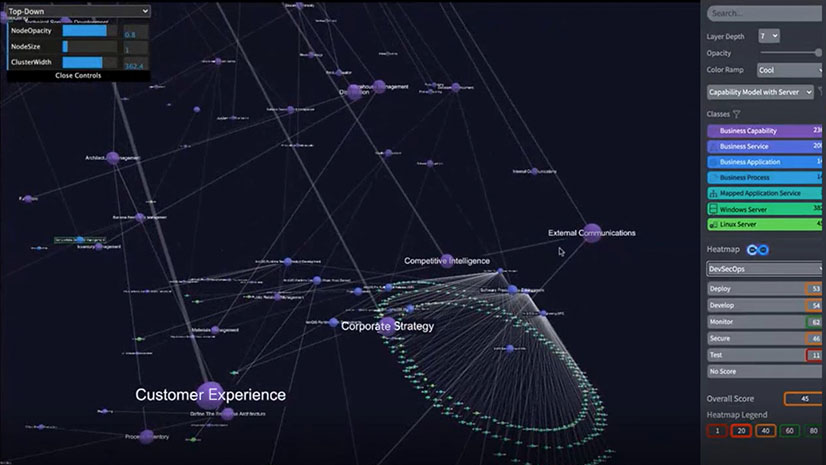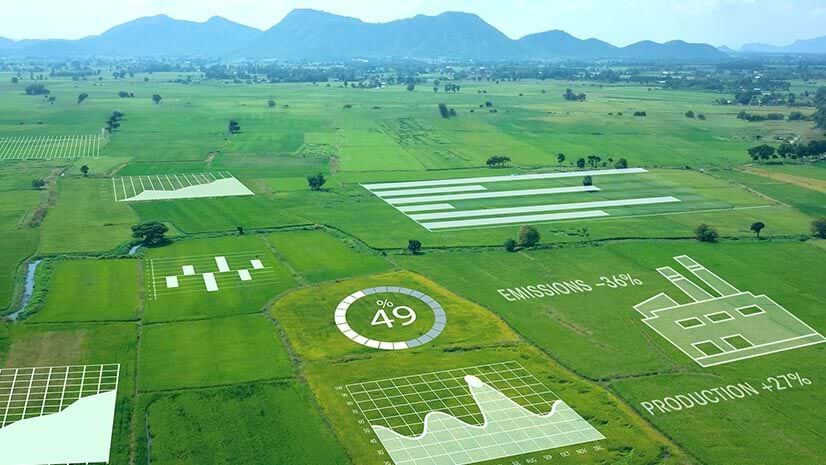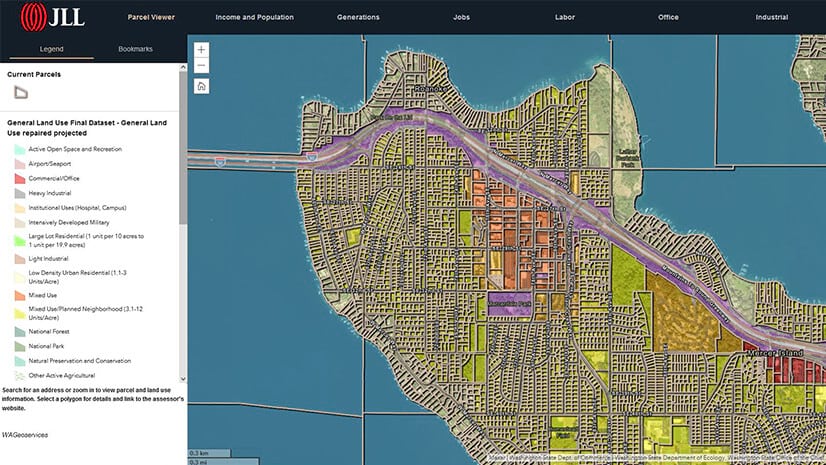Question:
I’m a GIS analyst and often the only woman in the room. I have good relationships with a lot of my male colleagues, but a few key players make me feel like I’m only there to produce analysis and ideas that make them look good. Any advice for navigating these dynamics?
Answer:
When I studied GIS [geographic information system technology] in college, I noticed that fewer women were ready to stand up and really show their skills, especially when it came to the more technical and mathematical functions.
When I took an analyst role at the company where I now work, I was fortunate because my supervisor was a woman at the executive level. I was happy that she recognized the work I was doing and was invested in helping to elevate me, because I was painfully shy and wanted to get over my introversion. Watching how she interacted with colleagues was valuable to me.
When I moved into a higher-level analytics role, I started getting attention through the GIS work I did. I put in a lot of extra hours creating maps and analysis to demonstrate how we could improve the business with location intelligence. People loved those ideas—but in some cases they loved them so much that they wanted to take them for themselves.
There was one in particular. He would ask for location analysis to help the sales team, with no consideration for what else was on my plate, no thought to how he could support my career. He would just take the output, and without understanding GIS or the analysis very well, he would deliver it to executives. He didn’t give me the opportunity to present my own work; I was just an input to his production.
My supervisor noticed this and gave me more exposure by putting me in front of a higher-level audience at the company. That helped me move up to an advanced analyst role. But the supervisor they chose for me did some of the same things. He’d hover over my desk and say, “Tell me about this data.” Then he’d take the output.
You might ask if this is just the way some managers act, regardless of gender. But I have many male allies in the workplace and in life, and with them I do not feel that power dynamic. It feels like an equal playing field.
To cope with the way I was being treated, I looked for ways to feel better about myself. It could be as simple as changing the way I presented or walking with my back a little straighter. I also reached out to more colleagues to show off what we do with GIS. It would have been much easier just to stay quiet and say, “Here you go. Thank you, sir.” But I was finding my own power and working through the fear.

How do you balance having confidence versus having ego, fighting a battle versus keeping a balance in your work life and relationships?
Influence without Authority
I’ve since been promoted to lead our location intelligence program, but unfortunately, some of the same dynamics persist. It doesn’t feel natural to say, “Hey, you’re not hearing me. I need to present my own work.”
While I was dealing with all this, I took a class on how to exert influence when you’re not in a position of power. We worked through exercises on self recognition—how do I communicate, and how could I change my approach? How can I get stronger in other methods of communication?
That workshop happened right before I had the opportunity to present to our top executives, and it gave me the confidence to grab that opportunity. I could have easily told myself, “I’m too scared and I’m not ready for that.” But I said, “Just go for it. Take what you learned and take off.”
At some stage you reach the point where you don’t really have anything to lose. GIS applies to so many aspects of our business, and I want to get that message through. I know I have a million-dollar idea. I know it’s going to benefit the company. I know it’ll benefit my career and at a higher level it’ll benefit GIS and women in GIS. And that’s been part of my goal from the beginning.
Advice from the Front Line
I’ve been working for many months on changing the dynamic with my current boss. Our conversations have been very direct and very serious and often very challenging—”You’re stepping on my toes; you need to stop that. If my work is being presented, I need to be on that call.”
I see him including more of the women who should be on calls, or saying, “She knows this stuff well; I’ll ask her about it.”
My advice to women trying to assert themselves in an environment where they aren’t always valued: Don’t doubt yourself. Trust that you are working with a powerful technology and you are fully capable—and that you deserve your authority. It’s important to remember that you deserve this, you can own this, and you can claim this.
The way you do that is you show up more, and you make yourself the name of it, the face of it. You go to the meetings, you find opportunities for in-person presentations. I’ve been doing more and more of that.
I think it’s also important to let your allies know your story. I’ve made sure that some of our key female leaders know what I’ve gone through, and we’re working toward empowering each other more. That’s going to be important in the long run, because the type of GIS projects that we’re working on—those projects are career advancement opportunities. They lead to higher salary and more prestige. If you don’t claim those projects, you lose out in your career.
It can be tough to navigate these dynamics as a woman, but sometimes you’ve got to find your fire—find your power—and then use it.
If you’d like to share feedback on this or any WhereNext Confidential article, email us at wherenext@esri.com. If you have your own question for a future article, drop us a line.











